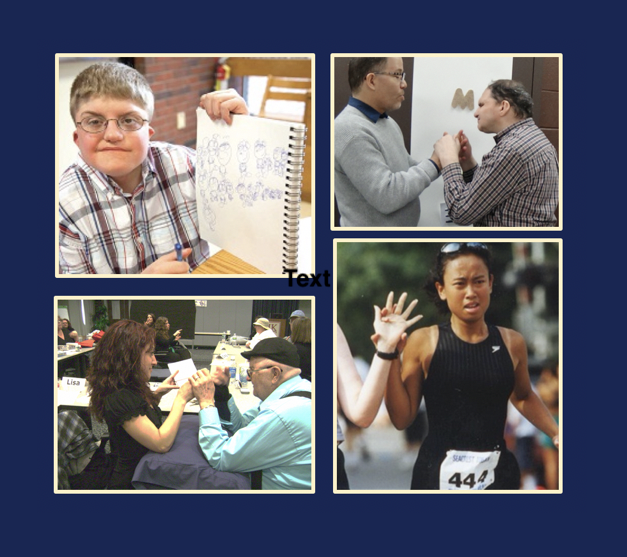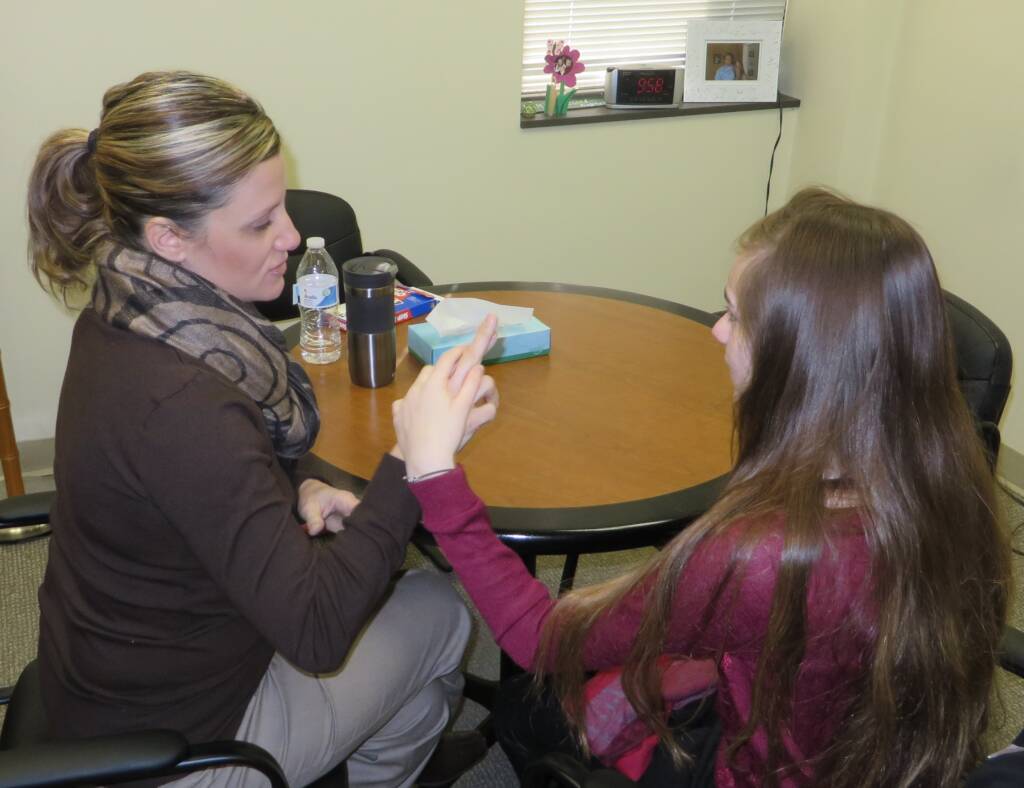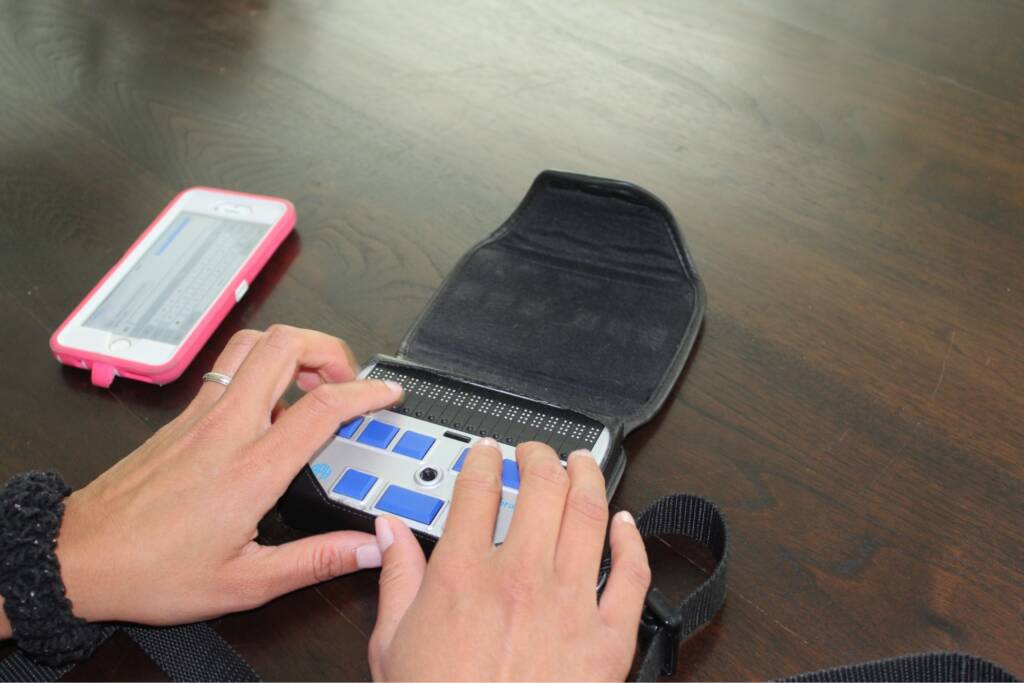Introduction to Course
This course provides mental health professionals with information and resources that will help them assist individuals who are DeafBlind and their support network as they adjust to a dual sensory loss and the impact it has on their life including change of identity, role in the family, communication and social interactions. Their support network may include members of their family, friends, the community, and their coworkers. Strategies and helpful tips will be illustrated throughout this course.
The course is divided into the following 4 modules.
- Rapport Building and Positive Connections: The Role of the Mental Health Professional
- Introduction to DeafBlindness and Etiologies
- Communicating with Individuals who are DeafBlind
- Possible Psychological Implications of DeafBlindness
Introduction to Course: Bryen Yunashko
Video image description: A closeup of a man signing into the camera.
Hello! My name is Bryen and I am DeafBlind. In a professional capacity, I have worked with various groups of DeafBlind individuals. I also receive services from a mental health professional.
Through my experience of working and being a part of the DeafBlind community I have come to learn that you have to approach each person as a unique individual. As mental health professionals, this program will teach you how to interact with DeafBlind clients and what resources are available for you and your clients.
Often, DeafBlind people live in isolation. As these individuals face difficult situations they frequently don’t have anyone to process with or turn to. This can cause frustrations and difficulties to build up within the person.
This makes your role as a mental health professional all the more important. You will be there to listen and the one they turn to. This program will teach you how to both listen and respond to DeafBlind individuals. It will also teach you how to find salient resources, the different roles that families can play in the life of an individual who is DeafBlind, how their cultural identity comes into play, why the onset of their vision and hearing matter, and other various factors that may impact a DeafBlind person’s life.
It’s crucial that mental health professionals really understand that the DeafBlind population is unlike any other population. There are so many factors that can affect their mental health and your work with them. We hope you enjoy the program. [End of Transcript]
Additional Courses

Employment
Working with Individuals who are DeafBlind: A Course for Vocational Counselors and Other Professionals
CRC CE Hours: 2.0
ACVREP CE Hours: 2.0

Introduction to DeafBlind
Overview of Etiologies and Visual Conditions Commonly Associated with Deaf-Blindness
ACVREP CE Hours: 1

